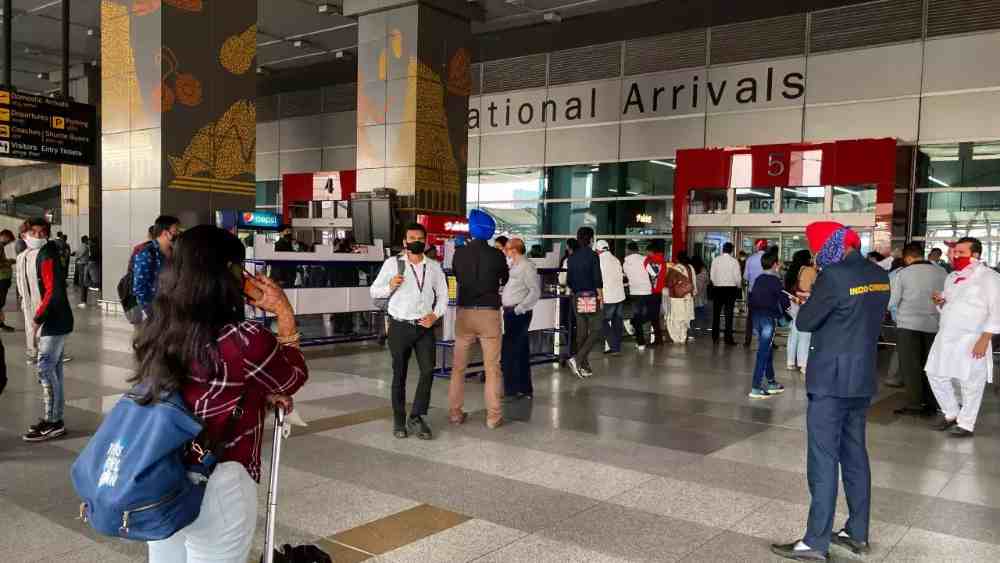The United Arab Emirates (UAE) serves as a second home to around 3.7 million Indian nationals, with millions of tourists and businessmen from India visiting the Emirates each year. This deep connection has led to some recent incidents where individuals carrying large sums of cash have been stopped and arrested, prompting a closer look at currency regulations between the two countries.
Recent Cases of Cash Arrests Raise Concerns
In a recent incident reported by the Indian media, a man bound for Dubai was apprehended at Mumbai airport after customs officials discovered over Dh1.42 million in cash in his bag. Such incidents have drawn attention to the restrictions on cash transactions while travelling between India and the UAE.
Guidelines for Currency Exchange: UAE and Other Countries
As per information available on the Reserve Bank of India (RBI) website, travellers arriving in the UAE and most other countries are allowed to purchase foreign currency up to $3,000 (Dh11,000) per visit. NRIs (Non-Resident Indians) have additional options, such as store value cards, travellers’ cheques, or banker’s drafts, to carry larger amounts.

However, travellers heading to Iraq and Libya are permitted to carry up to $5,000 or its equivalent in foreign exchange per visit. For individuals travelling to Iran, Russia, and the Commonwealth of Independent States, the RBI allows foreign exchange up to $250,000 in the form of currency notes or coins.
Special Provisions for Specific Destinations and Purposes
Indian nationals going for Haj and Umrah pilgrimage are also allowed to carry up to $250,000 in cash. The RBI specifies that an Indian resident visiting abroad may bring in Indian currency notes up to an amount not exceeding Rs25,000. On the other hand, individuals from Nepal or Bhutan can bring rupee notes with denominations not exceeding 100 rupees.
Currency Limits for Indian Residents and Visitors
When a person enters India from abroad, they can carry foreign exchange without any specified limit. However, if the total value of currency notes, bank notes, or travellers’ cheques exceeds $10,000 or its equivalent, it must be declared to Customs Authorities using the Currency Declaration Form (CDF) upon arrival in India.
These regulations set by the RBI aim to ensure transparency and compliance with currency exchange rules, promoting secure and accountable travel for Indian residents and visitors.
